Introduction
In the realm of AI Chatbot Development, selecting the appropriate AI Framework can be a pivotal decision, influencing the capabilities, scalability, and performance of your chatbot. With an array of options available in the market, each boasting unique features and functionalities, navigating through this landscape requires a comprehensive understanding of the available choices. Before we begin, consider exploring an AI Chatbot Development Company for expert guidance and tailored solutions. Now, let’s dive into finding the perfect AI framework for your chatbot project.
Understanding AI Frameworks in Chatbot Development
AI Frameworks play a pivotal role in developing chatbots and shaping their intelligence and functionality. These frameworks serve as the backbone of AI Chatbot Development Company operations, providing the essential tools and algorithms required to imbue chatbots with natural language processing (NLP), machine learning (ML), and other AI capabilities. From understanding user queries to generating relevant responses, the choice of AI Framework significantly influences the chatbot’s performance and user experience.
Read More: AI Chatbot Development: A Beginner’s Guide to the Basics
Which AI Technique is Used in Chatbots?
Chatbots employ artificial intelligence (AI) techniques such as Natural Language Processing (NLP), Machine Learning (ML), Deep Learning, Pattern Recognition, and Dialog Management to understand and respond to user queries effectively. These techniques use AI chatbot development companies to enable chatbots to interpret human language, learn from data, recognize patterns, and manage conversations coherently.
Key Considerations in AI Framework Selection
When evaluating AI Frameworks for chatbot development, several key considerations come into play:
- Scalability: As your chatbot evolves and encounters increased demand, scalability becomes crucial. Opting for an AI Framework that can seamlessly accommodate growth ensures long-term viability and minimizes the need for disruptive migrations.
- Flexibility: Chatbots, with their diverse applications across industries, benefit from a flexible AI framework that allows customization to suit specific requirements. AI Chatbot Development companies contribute significantly to this landscape, providing the expertise needed to tailor chatbot functionalities effectively, enhancing their relevance and effectiveness in various contexts.
- Performance: The performance of an AI Framework directly impacts the responsiveness and accuracy of the chatbot. Assessing metrics such as response time, intent recognition accuracy, and training efficiency provides insights into the overall performance capabilities of each framework.
- Customization: No two chatbot projects are identical, necessitating a high degree of customization. An AI Framework that offers sample customization options enables developers to fine-tune the chatbot’s behavior, ensuring alignment with business objectives and user preferences.
Comprehensive Comparison of Top AI Frameworks
Let’s dive into a comparative analysis of some prominent AI Frameworks:
1. Dialogflow
- Features: Dialogflow boasts a user-friendly interface and robust NLP capabilities, making it suitable for beginners and seasoned developers alike.
- Strengths: Seamless integration with Google Cloud Platform, extensive language support, and pre-built agents accelerate development.
- Weaknesses: Limited customization options compared to other frameworks, and potential scalability challenges for large-scale deployments.
2. Rasa
- Overview: Rasa offers open-source and enterprise editions, catering to a wide range of development needs.
- Functionalities: Advanced ML capabilities, customizable dialogue management, and support for self-hosting distinguish Rasa as a powerful option for AI-driven chatbots.
- Suitability: Ideal for organizations seeking full control over their chatbot’s infrastructure and algorithms, with a preference for open-source solutions.
3. Microsoft Bot Framework
- Features: Microsoft Bot Framework provides comprehensive bot-building tools, including SDKs for multiple programming languages and seamless integration with Azure services.
- Integration: Deep integration with Microsoft ecosystem products such as Azure Bot Service and Microsoft Teams facilitates seamless deployment and management.
- Support: Extensive documentation and community support enhance the development experience, making it suitable for both beginners and enterprises.
4. Wit.ai
- Ease of Use: Wit.ai offers simplicity and ease of integration, enabling developers to quickly build and deploy chatbots without extensive training.
- Natural Language Understanding: Leveraging machine learning algorithms, Wit.ai excels in understanding user intents and extracting entities from unstructured text.
- Community Support: Active developer community and comprehensive documentation provide valuable resources for troubleshooting and optimization.
Real-World Case Studies: Successful Implementation of AI Frameworks
To illustrate the practical applications of these AI Frameworks, let’s explore a few real-world case studies:
1. Sephora
Sephora, a leading cosmetics retailer, implemented Dialogflow to enhance its customer service capabilities. By leveraging Dialogflow’s NLP capabilities, Sephora’s chatbot assists users in finding products, scheduling appointments, and providing personalized recommendations, improving customer satisfaction and driving sales.
2. Domino’s Pizza
Domino’s Pizza embraced Rasa for its AI-powered virtual assistant, enabling customers to place orders, track deliveries, and receive personalized offers. Rasa’s flexible dialogue management and ML-based natural language understanding contribute to an intuitive and seamless ordering experience for Domino’s customers.
3. H&M
H&M adopted Microsoft Bot Framework to create a chatbot capable of assisting customers with product inquiries, sizing recommendations, and style suggestions. H&M benefits from Microsoft Bot Framework’s strong connection with Azure services, allowing them to use data analytics and customer insights to constantly improve the chatbot’s abilities.
Factors Impacting AI Framework Selection
Several factors influence the selection of an AI Framework for chatbot development:
- Industry-specific requirements: Industries such as healthcare and finance may have unique regulatory and compliance requirements, influencing the choice of AI framework.
- Budget constraints: Considerations such as licensing fees, infrastructure costs, and ongoing maintenance expenses impact the affordability of AI frameworks.
- Integration capabilities: Seamless integration with existing systems and platforms is essential for ensuring interoperability and data consistency across the organization.
Limitations and Challenges of AI Frameworks
Despite their benefits, AI frameworks may pose certain limitations and challenges:
- Training data requirements: Creating precise and robust AI chatbots often demands ample training data, especially in niche sectors. In such cases, AI chatbot development services prove essential, offering tailored solutions for unique contexts and user requirements.
- Algorithm bias: AI algorithms are susceptible to biases present in the training data, potentially leading to skewed or discriminatory outcomes if not addressed proactively.
- Complexity: Implementing and managing AI frameworks requires specialized expertise, posing a barrier to entry for organizations lacking in-house AI talent.
Future Trends and Innovations in AI Frameworks for Chatbot Development
The landscape of AI frameworks is continually evolving, driven by advancements in technology and emerging trends such as:
Read More: AI Chatbot Development Future Trends and Innovation
- Conversational AI: Innovations in Conversational AI, particularly in natural language understanding and generation, empower chatbots to participate in more human-like conversations, ultimately enhancing user experience and satisfaction.
- AI-driven automation: Integration with robotic process automation (RPA) technologies empowers AI Chatbot Development Company to create chatbots capable of performing complex tasks and autonomously streamlining business processes.
- Ethical AI: Increasing emphasis on ethical AI principles, such as fairness, transparency, and accountability, shapes the development and deployment of AI frameworks, ensuring responsible and ethical use of AI technologies.
Conclusion
Choosing the appropriate AI framework is crucial for your chatbot’s success, influencing its performance, scalability, and user experience. Whether you prioritize simplicity with Dialogflow, flexibility with Rasa, integration capabilities with Microsoft Bot Framework, or ease of use with Wit.ai, each framework offers unique advantages. As you begin your AI chatbot development journey, prioritize your business objectives and user needs. Remember, partnering with a reputable AI Chatbot Development Company ensures expert guidance and seamless execution, leading to a successful chatbot initiative.
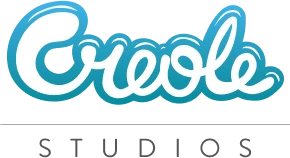

 Lets Talk
Lets Talk 




 Email Us
Email Us 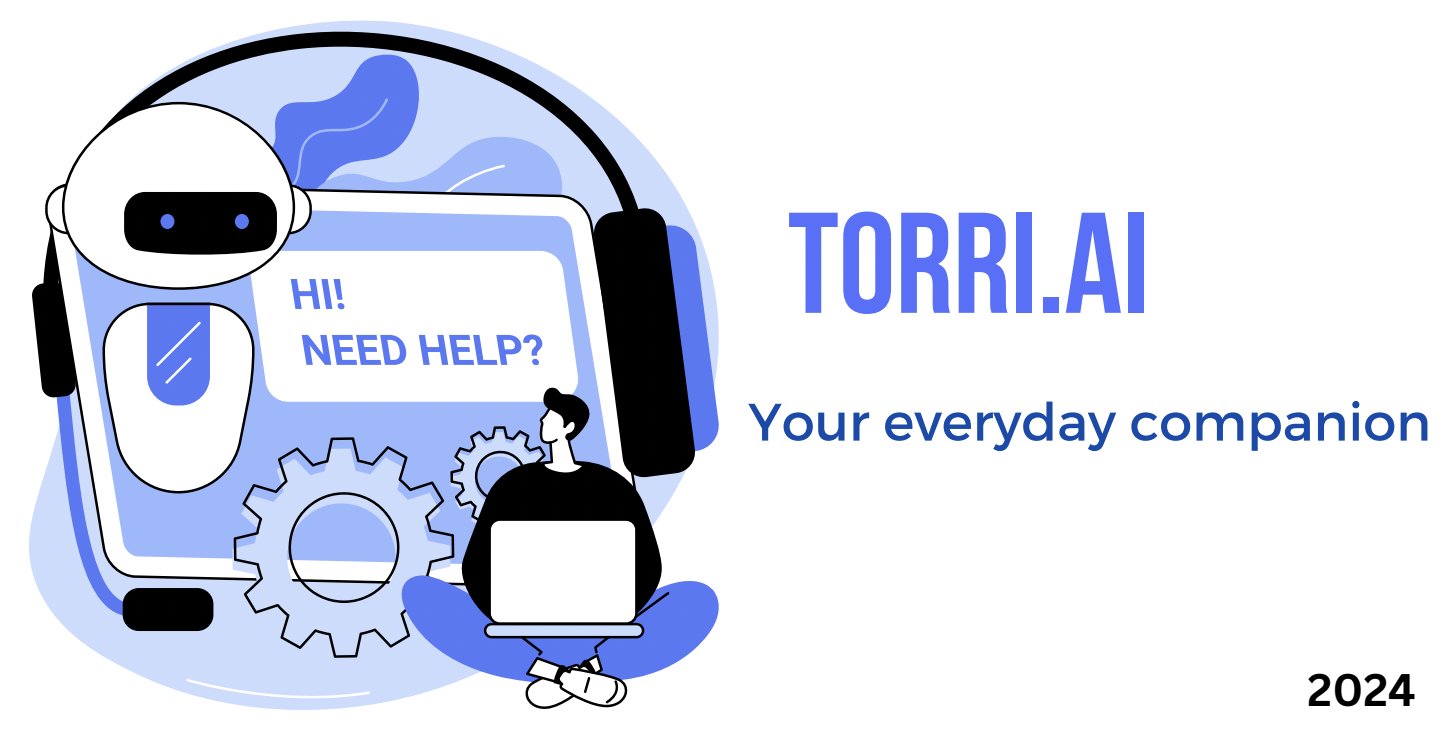
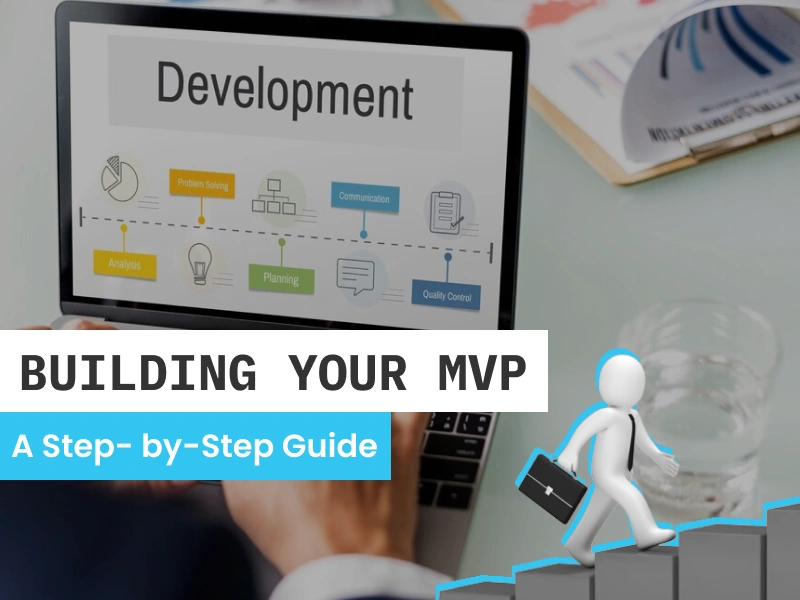

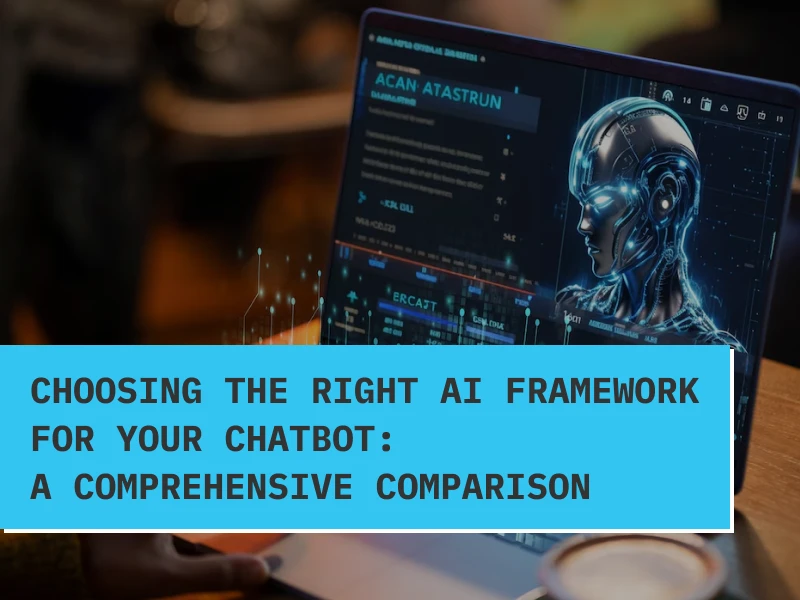








 30 mins free Consulting
30 mins free Consulting 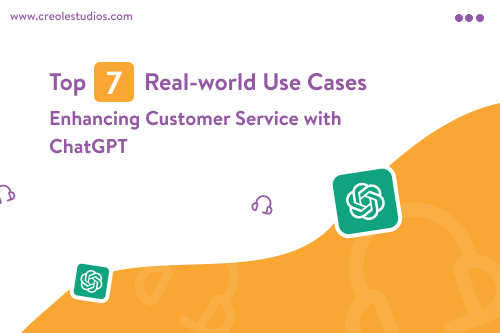
 7 min read
7 min read 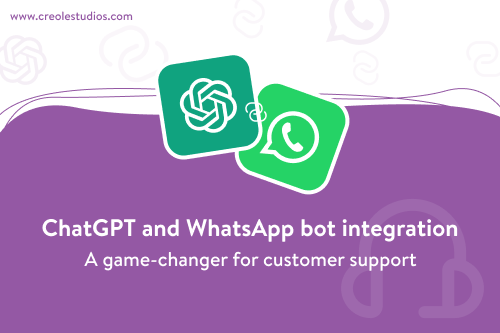
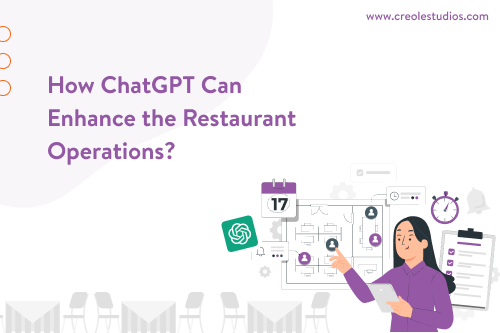
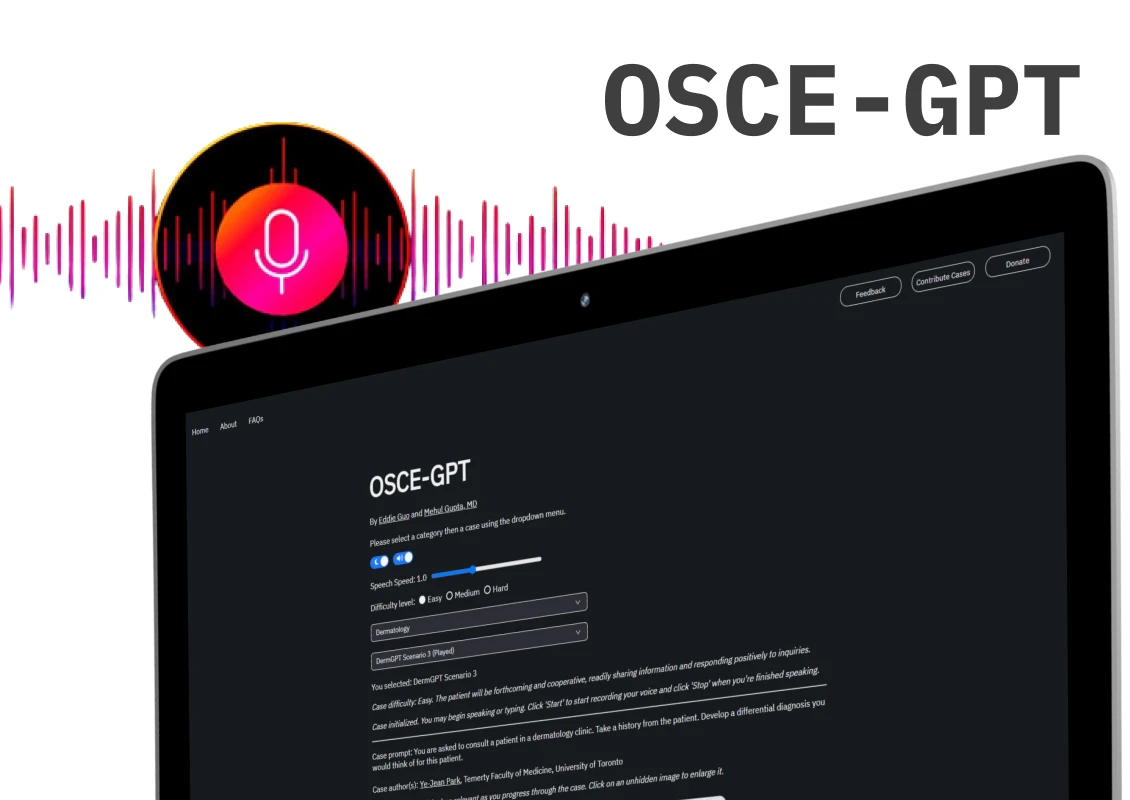
 Canada
Canada 





 Love we get from the world
Love we get from the world 